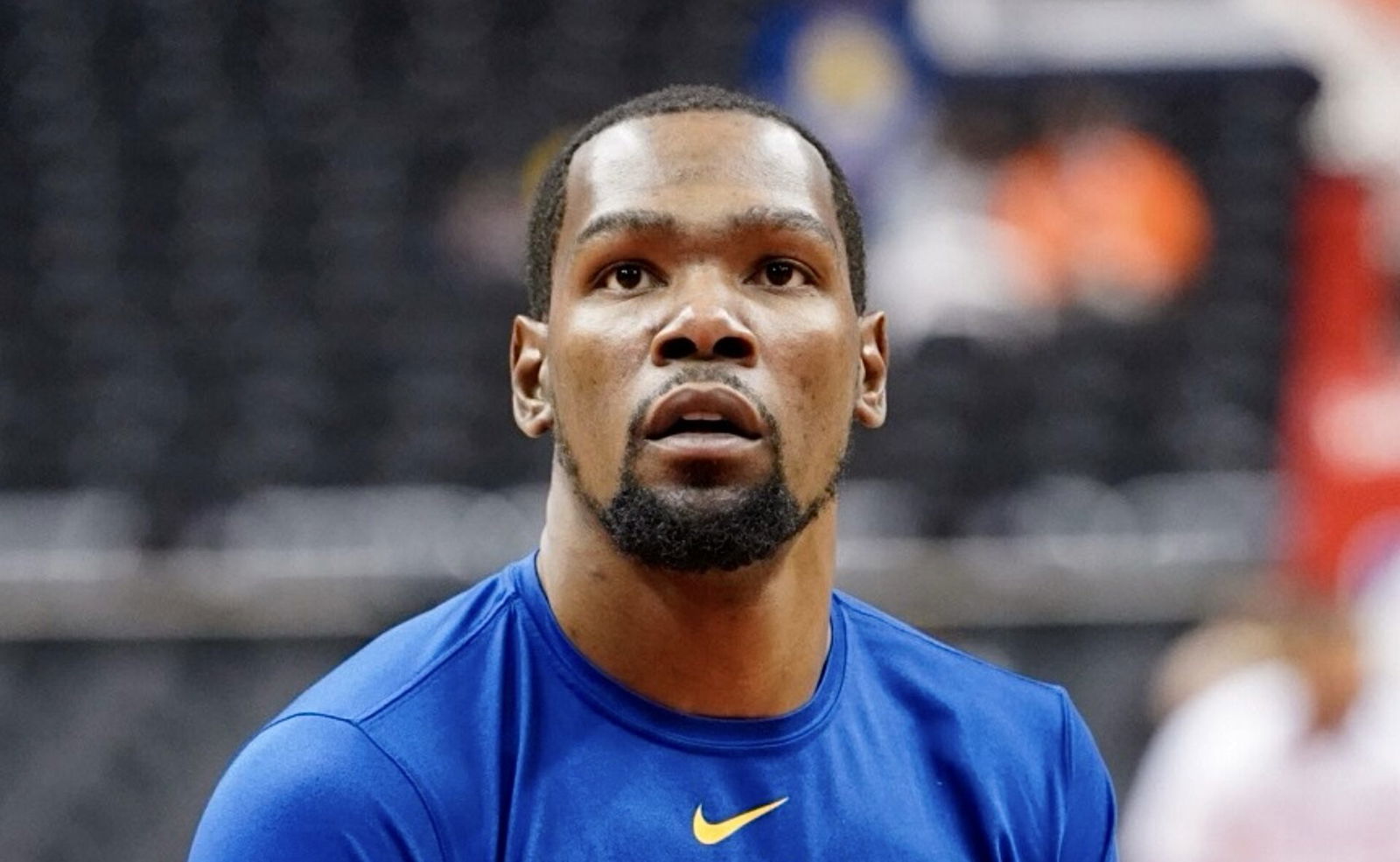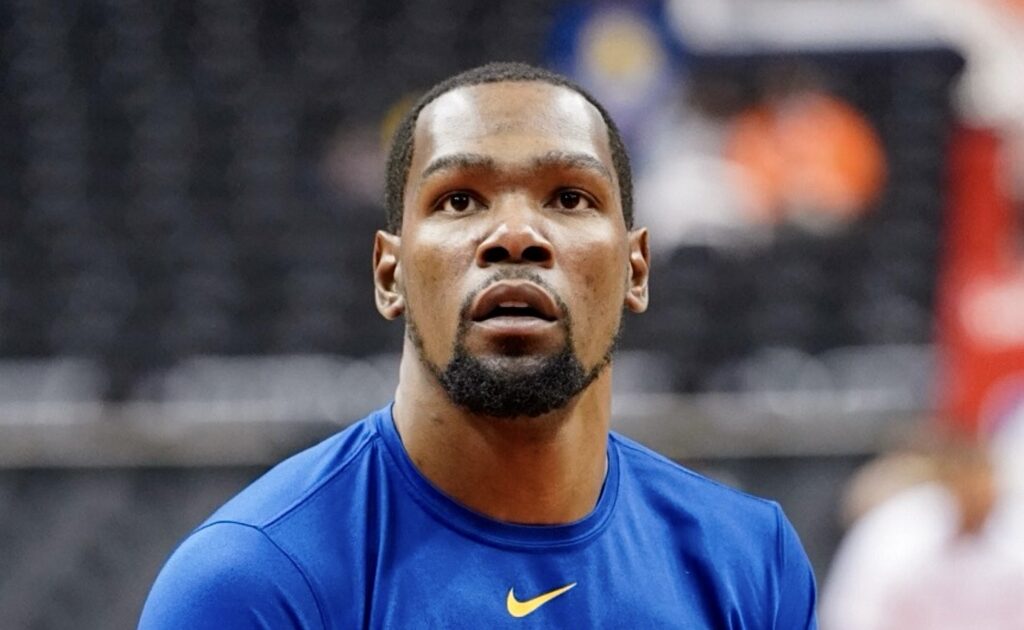
September 21, 2025
A 2022 report profiling Black investors who lost substantial investments indicated that Kevin Durant’s success in bitcoin is an anomaly.
Newly acquired Houston Rocket Kevin Durant has found himself in a curious predicament, he has lost the password to his Coinbase account, which holds all of the bitcoin he began purchasing when he played for the Golden State Warriors in 2016. However, this has only helped Durant’s portfolio, per his agent, Rich Kleiman.
According to NBC News, Kleiman addressed the situation on Sept. 16 at CNBC’s Game Plan conference in Los Angeles. “We’ve yet to be able to track down his Coinbase account info, so we’ve never sold anything, and this bitcoin is just through the roof. It’s just a process we haven’t been able to figure out, but Bitcoin keeps going up…so, I mean, it’s only benefited us.”
Problem for Durant is he can’t access his Coinbase bitcoin account. Kleiman says this has “only benefited” Durant, as he has never sold any of the holdings and bitcoin’s value has skyrocketed. Durant’s inability to unlock the account is due to a “user error,” and he’s been working with Coinbase on recovery. Despite the hiccup, Kleiman notes their ongoing partnership with Coinbase through Thirty Five Ventures continues to thrive.
According to Kleiman, the genesis of Durant’s foray into cryptocurrency, particularly Bitcoin, was a team dinner hosted by his then-teammates who mentioned bitcoin repeatedly.
The next day, as Kleiman tells the story, Durant and his agent started investing in Bitcoin. At the time, it traded at a price between $360 and $1,000, but presently, it’s trading at $116,000, which represents a staggering 11,000% increase.
According to a 2021 op-ed in The New York Times by Cornel University Professor and senior fellow at the Brookings Institution, Eswar Prasad, Durant seems to have gotten lucky, given cryptocurrency’s relatively volatile nature.
He notes that despite its beginnings on the dark web, a way to hide illicit payments from the prying eyes of the federal government, it has become a speculative investment, which he noted puzzled him.
In addition, like artificial intelligence, Bitcoin is not an innocuous technology, it too, is harmful to the environment. He also warned that the risks they pose to everyday investors, not multi-millionaires like Durant, far outweigh their supposed benefits.
“Ironically, rather than truly democratizing finance, some of these innovations may exacerbate inequality. Unequal financial literacy and digital access might result in sophisticated investors garnering the benefits while the less well off, dazzled by new technologies, take on risks they do not fully comprehend,” Presad noted.
According to a 2022 article by The Atlantic, which profiled Black investors who lost substantial investments, the success story of Durant is an anomaly. The Black investors they spoke to, got into it later than Durant, and as staff writer Annie Lowrey noted, they were driven by the failures of more traditional financial holdings as it regards the fortunes of Black Americans.
“As of 2021, Black Americans were more likely than their white counterparts to own crypto. They were also more likely to own crypto than stocks or mutual funds, according to one study from the Federal Reserve Bank of Kansas City. Then the crypto market fell apart,” Lowrey noted.
This cycle, according to John W. Rogers, the founder of the mutual-fund firm Ariel Investments, and a notable Black investor, is cyclical.
“We saw the same thing happen with the internet bubble, when we saw many African American first-time investors chasing hot internet stocks,” Rogers noted. “So many people made so much money over the last seven or eight years, and it is natural to fall into the trap of chasing what worked yesterday.”
Lowrey also noted that investors of all stripes need protection, but that need is perhaps much more acute for Black investors who often lack the ability to absorb the shocks of Bitcoin speculation.
“To protect individual investors of all races over the long term, the government needs to strictly regulate crypto in the public interest. (The current lack of regulation is helping to keep digital-currency speculation separate from the traditional financial system. Congress passing industry-friendly crypto rules would in some ways be the worst of both worlds.) Black families also need better pathways to building wealth, ones supported by broad government investment.”
The Black Maryland IT specialist whom she spoke to for her article noted that he is done with bitcoin—but not with crypto altogether. He told her that he still holds dogecoin, but told her that it doesn’t hold any real value for him.
“Five hundred dollars gets you 50 million coins,” he said. “It’s purely speculative. There’s nothing of any real value.”
RELATED CONTENT: Shaquille O’Neal Settles FTX Lawsuit For $1.8M





